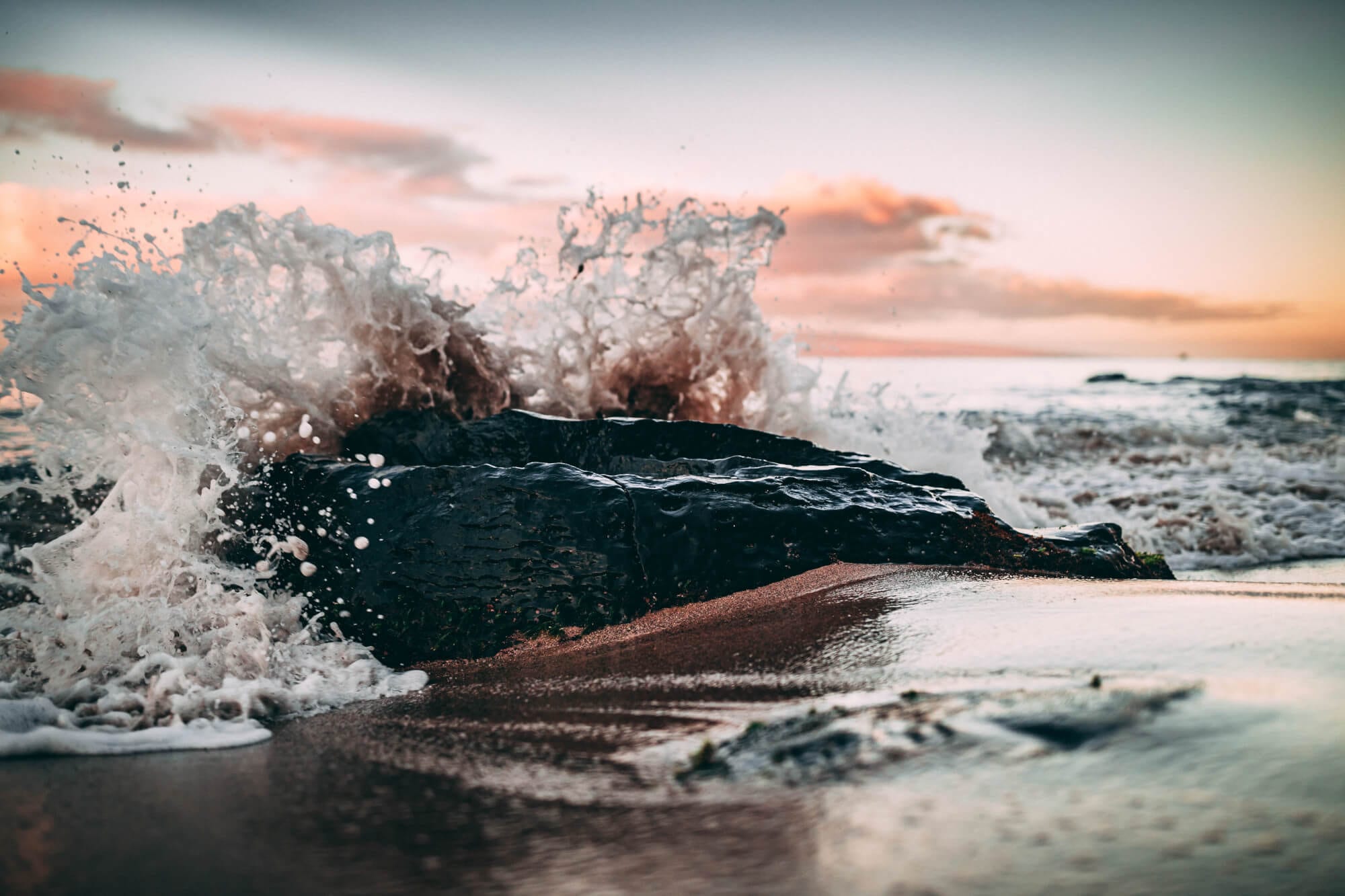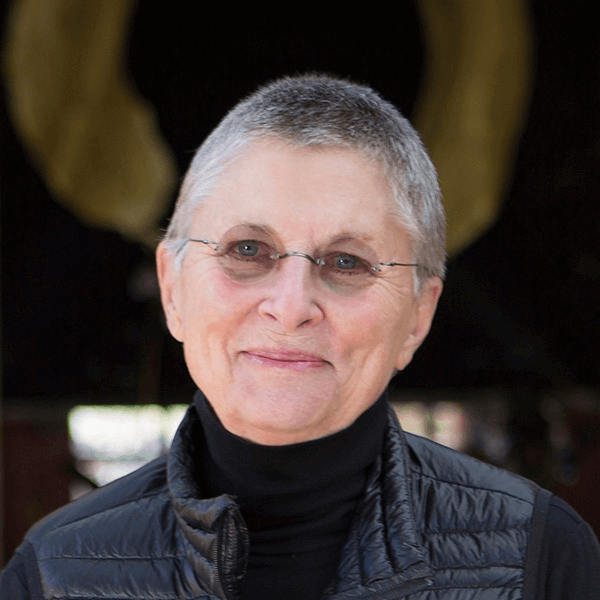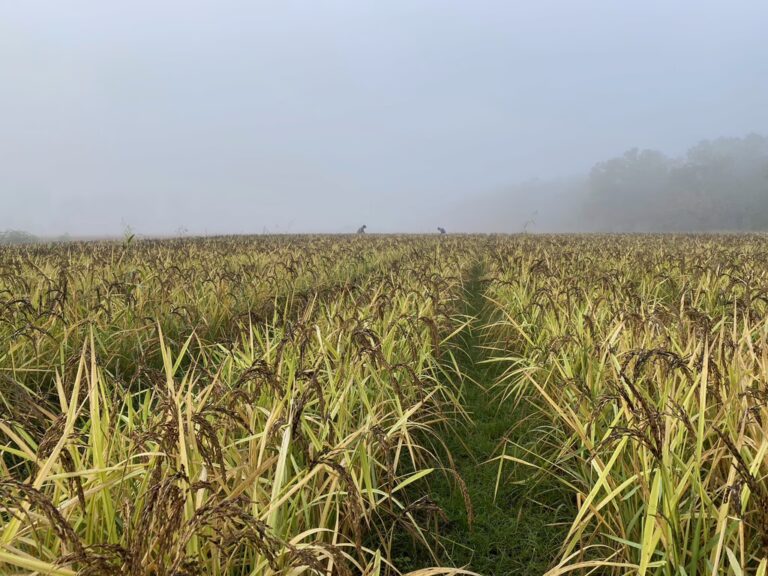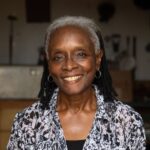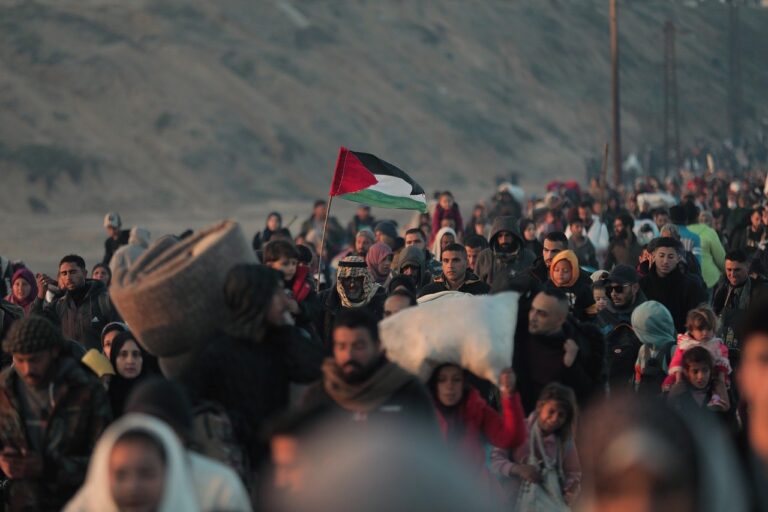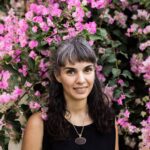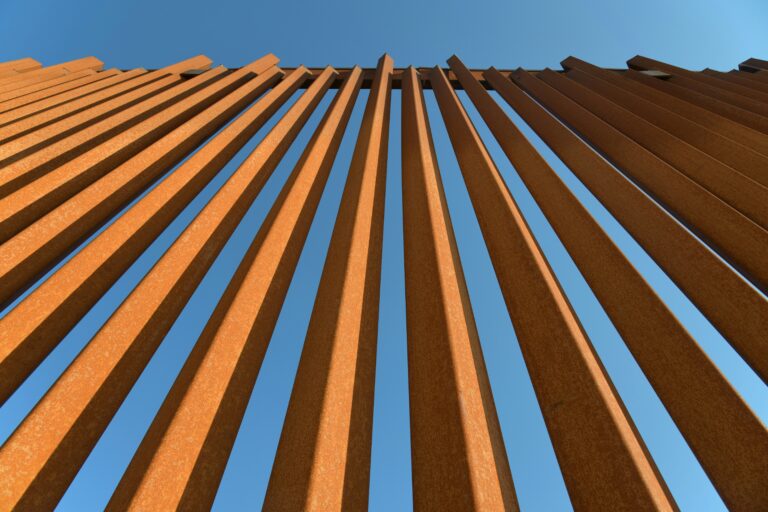Winter Solstice, 2019, I went to Washington, D.C., to join Jane Fonda on her Fire Drill Fridays climate protest, in order to give a talk on our capitol’s steps about the impact of our climate catastrophe on health. It was Jane’s 82nd birthday, and a time when I could join my good friend in her important endeavor to bring attention to the climate catastrophe we are in.
I was grateful to give the talk, which can be read here.
What joy it is to live your principles, arrested or not. What ease there is in being congruent with one’s values.
After the talk, hundreds of us went to the Hart Senate Building, where 138 of us were arrested as we engaged in an act of civil disobedience. It was good to be there with Jane Fonda, Gloria Steinem, Eve Ensler, Dolores Huerta, and many others who are deeply committed to changing the policies and behaviors around climate change.
Recently, I received an email from someone who was doing outreach for teaching I’m going to do in Japan; he asked if he could use the photograph of my arrest in the Hart Building. “It’s fine with me,” I said. “Please go ahead.” Then he asked, “Why are you smiling?”
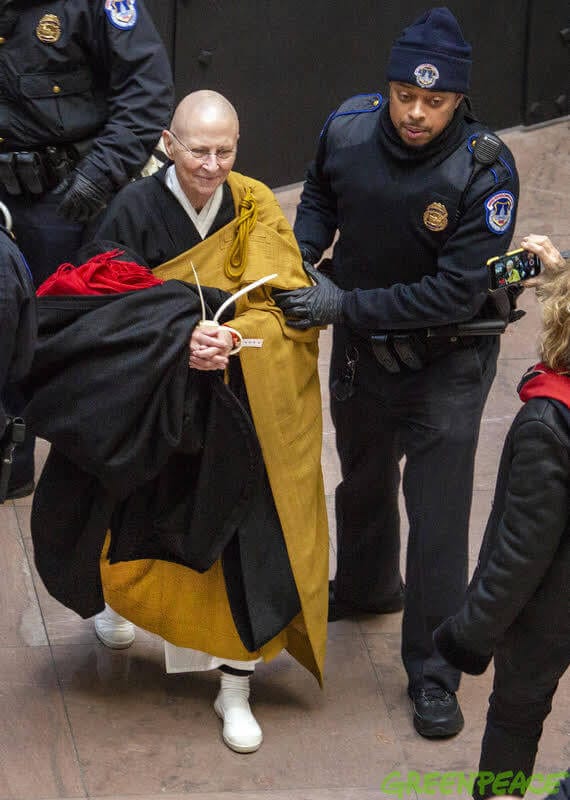
There were two reasons I was smiling. I was not grinning; rather I was completely at peace in this very complex situation, as I was being pushed by a policeman across the foyer of the Hart Building toward a processing area where for an hour I would be made to stand with everybody else in order to be finger printed, check to see if I was carrying a weapon, and so forth. Two things were clear to me: What joy it is to live your principles, arrested or not. What ease there is in being congruent with one’s values.
After being put through that phase of the “processing” experience, I (along with others) was put into a police wagon, and, honestly, this was a clear wake-up call. The police wagon that I was led into had a gleaming white interior where two, maybe three people, could barely fit inside an interior cubicle. There were multiple cubicles. The ceiling of the police wagon was canted so one was not able to sit up straight. I thought: how “interesting:” you cannot lift your head and are forced into in a position of humiliation.
Squashed into this transport vehicle, I simply noticed my experience, seeing how the actual physical context might have affected my mental state had I been in a psycho-socially more vulnerable situation. I also realized that I am a well-known, white woman elder. I have privilege. No matter what happens over this next period of time, Greenpeace and Jane Fonda are going to get me out of jail. My privilege was clear to me.
For me, this situation was the perfect time and place to practice: Not Knowing, Bearing Witness, Compassionate Action.
I then reflected upon the millions of people who have been pushed into police wagons—people of color, poor people, people standing for their principles, people who have harmed others—so many who do not have the privilege that I have. I knew that I was not in danger; I would not be harmed. But I could not stop thinking about all those who find themselves in such a vehicle and the despair, terror, and anger most must experience.
When the door was slammed shut, the tight space that gleamed like an operating room suddenly turned into a small airless black box. Suddenly I found myself in a constricted sensory-isolation chamber, and being driven bumpily through the streets of Washington, D.C. to who knows where.
During this strange drive, I asked, “What sustains me?” Not just the peace that I felt but also the practice to notice and to do perspective taking. In other words, not to sit in the police wagon like an upset old woman, but to actually work that experience, to derive from it more than actually was specifically given. I learned and explored quietly as we made the strange drive to an unknown destination.
I urge us all to take responsibility for the privilege that we might have and use it well. I urge us to use our time well. Use this life well.
As it turned out, we were transported to an enormous warehouse, our plastic handcuffs were cut off. I was in Zen robes, I had to remove my okesa, I was thoroughly searched, and the police officer took the skein holding my robes together, because perhaps they thought I would harm myself or others. And then, I was again handcuffed, and sat in a chair in this drafty, dim place for ten hours with 137 others, as we had our mug shots taken, our fingerprints taken, and our backgrounds checked.
Just before 11 at night, after 10 hours, I was released into the arms of Greenpeace and friends, as I made my way in the cold, windy dark, across the street someplace in D.C.
For me, this situation was the perfect time and place to practice: Not Knowing, Bearing Witness, Compassionate Action (the Three Tenets of the Peacemaker Order). To the best of my ability, I live by these Tenets. That is why I was smiling.
I didn’t think about privilege when I was in the Hart Building—the scene was so intense—but the police wagon really brought home my privilege. And the thought, from my point of view, came: I have to use this time well.
My request of myself is the same to all of us: Please use this time deeply and well. You can fall asleep, you can fall prey to your own unhappy story, and you can squander the precious opportunity to turn the light around and illuminate your mind, illuminate your heart, and discover how to end the suffering in this world. I urge us all to take responsibility for the privilege that we might have and use it well. I urge us to use our time well. Use this life well. We have much to do, and to “undo.”
This article was originally published on the Upaya Institute and Zen Center blog. It is reprinted here with permission.

